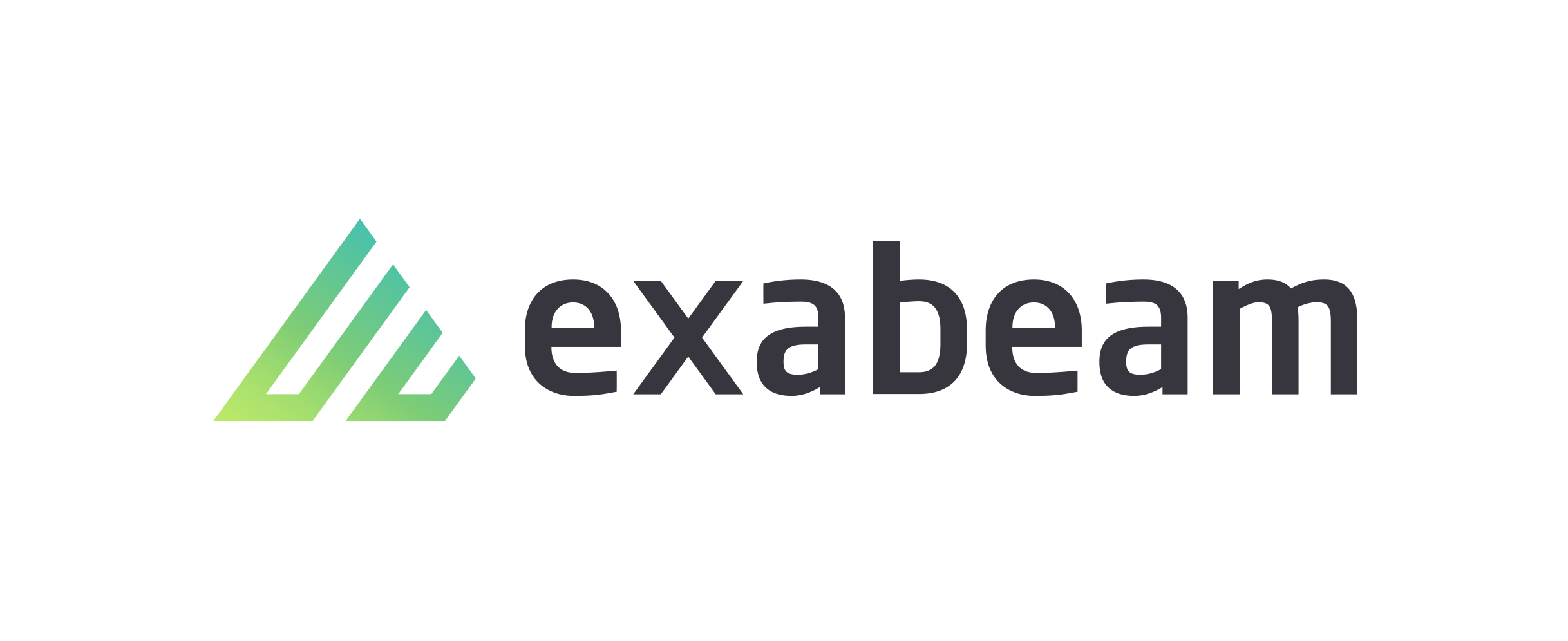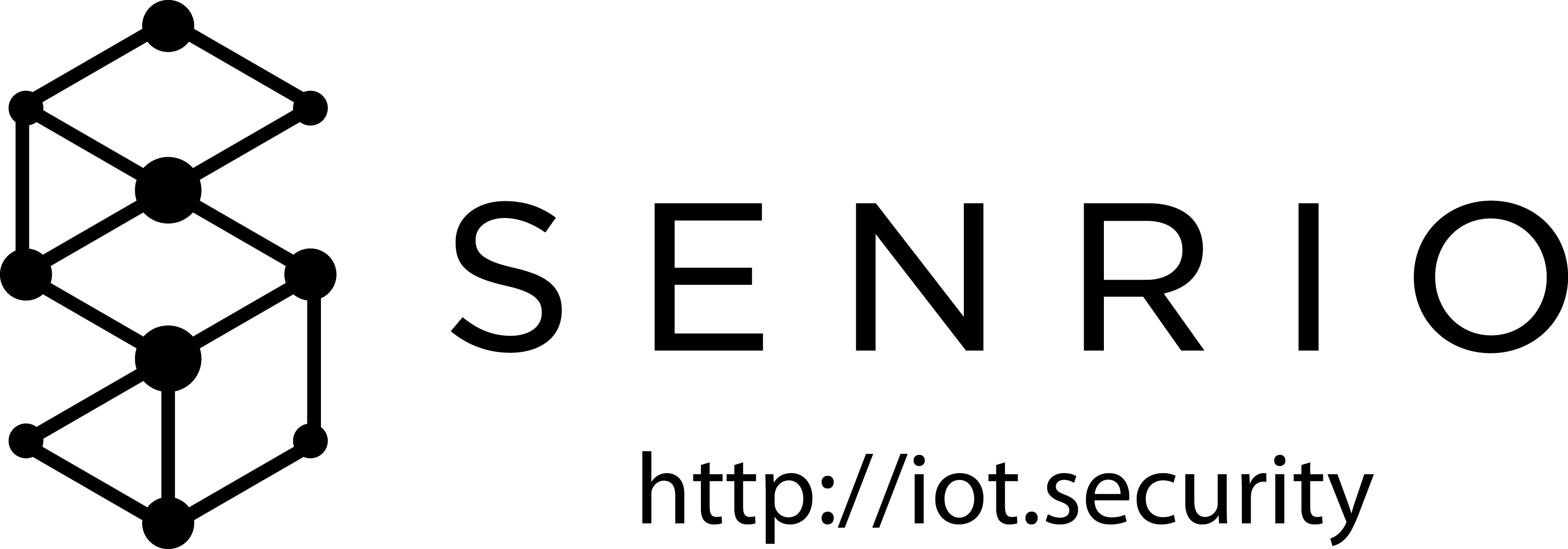Risky Business Podcast
May 23, 2018
Risky Business #500 -- Web asset discovery is getting useful
Presented by

CEO and Publisher

Technology Editor
In this week’s feature interview we’ll be chatting with Shubham Shah and his friend Lord Tuskington about continuous asset discovery’s impact on testing methodologies. Shubs has worked as both a pentester and as a very successful bug bounty hunter. In fact he’s built an entire asset discovery platform that he and his buddies have been using to rip crazy amounts of cash out of bounty programs over the last few years and he’s turning that platform into a product. So I wanted to talk to him about that, but I also wanted to get a pentester’s perspective on how this type of continuous asset discovery tech could change the testing industry.
This week’s show is brought to you by Exabeam, a next generation SIEM company! And it’s amazing how nicely this week’s feature and sponsor interviews dovetail actually, because Exabeam’s Steve Gailey will be along in this week’s sponsor interview to have a chat about how SIEM technology has changed much faster than SOC operations methodologies. Because basically everyone has structured their operations around three levels of response and the workflows are so ingrained, nobody seems to know know what to do with a next generation SIEM.
Adam Boileau is also along, like always, to talk about the week’s security news.
The show notes/news items are below, and you can follow Adam or Patrick on Twitter if that’s your thing.


Brought to you by Exabeam
Cybersecurity & Compliance with Security Log Management and SIEM






